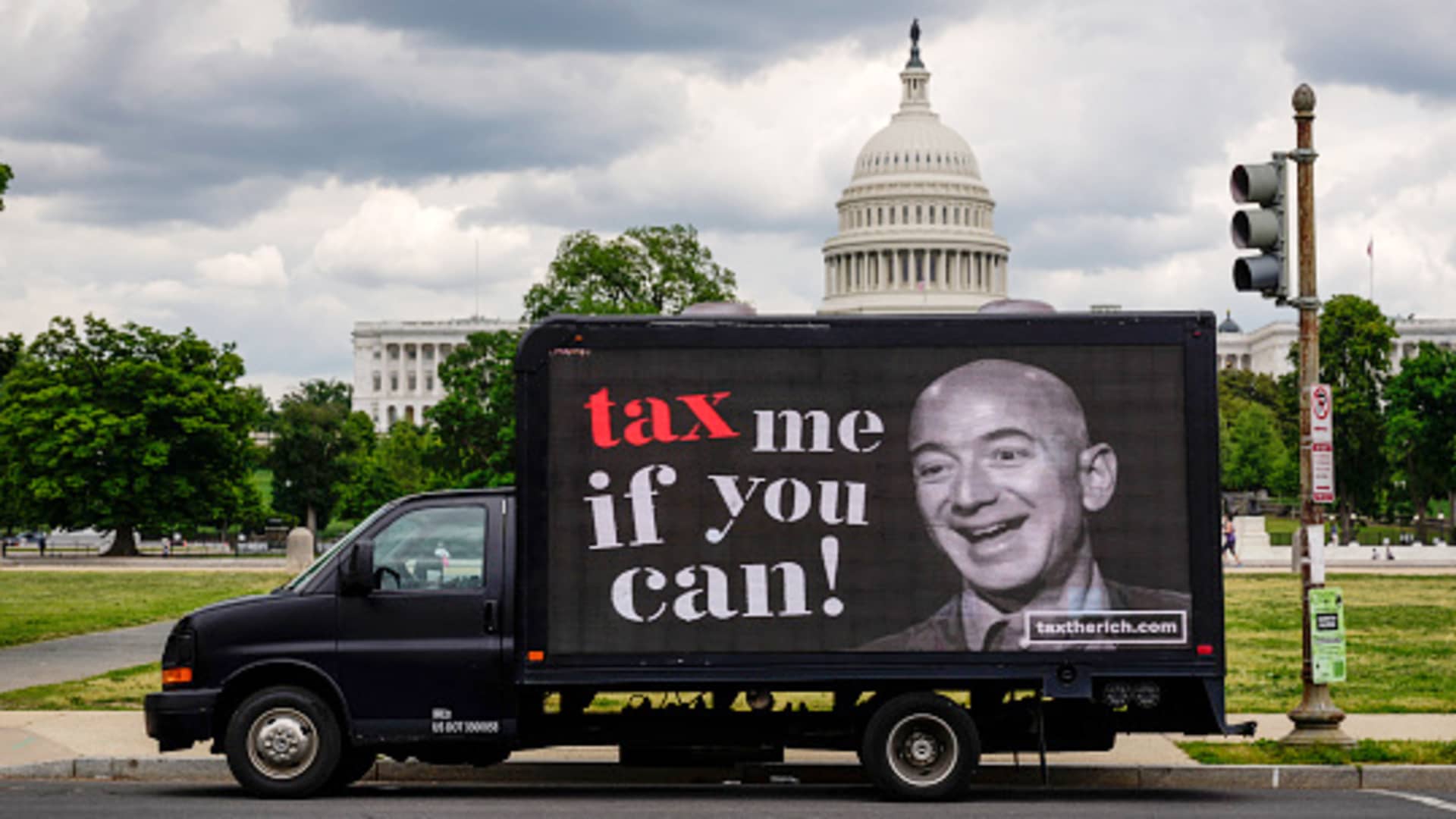Be like Mike … Bloomberg, that is. That’s what many Americans apparently aspire to today.
Some 44% of U.S. adults believe they have the available tools to become billionaires, largely fueled by speculative investments such as cryptocurrencies, according to the Harris Poll’s recent Americans and Billionaires Survey.
“It’s not just investing in an IRA [individual retirement account],” said Freddie Rappina, owner of Opta Financial in Tampa, Florida.
More from Personal Finance:
Workers have the ‘upper hand’ right now
Tips for paying down your credit card balance
Nearly half of all Americans are falling deeper in debt
“People want to achieve a higher wealth status, and the way to do that is to use investments to build assets and generate income,” Rappina added. “Investments don’t make you rich; income makes you rich.”
Mixed feelings about extreme wealth
At the same time, most Americans have a love-hate relationship with extreme wealth.
“There is a mounting disconnect,” the Harris report found: Six in 10 adults want to become a billionaire one day. Meanwhile, 40% said they despise billionaires. Many also said that billionaires have the responsibility to better society but aren’t doing enough.
As the rich get richer, 66% of adults see wealth inequality as a serious national issue, and nearly half of Americans, or 47%, believe that there should be a limit to wealth accumulation, the report also found.
Of those polled, 24% said personal wealth should be capped at less than $1 billion, while 20% said it should be capped somewhere between $1 billion and $10 billion.
There are roughly 200 people in the U.S. who are currently worth more than $10 billion, according to Forbes’ annual ranking of the richest people. Among the top five, Jeff Bezos, Warren Buffett, Bill Gates and Elon Musk are all worth more than $100 billion.
Meanwhile, extreme wealth inequality was exacerbated by the Covid pandemic, other reports also show.
The richest Americans have continued to benefit from owning equities and real estate, particularly last year when both the stock market and home values soared. As of the end of 2021, the top 1% owned a record 32.3% of the nation’s wealth.
On the flipside, the share of wealth held by the bottom 90% of Americans fell since before the pandemic, to 30.2% from 30.5%.
In the Harris poll, 58% of Americans were resentful of wealth accumulation over this period, when others suffered from the financial fallout brought on by the sudden economic downturn.
Taxing the ultra-rich gains support
The widening divide between the haves and have-nots highlights the need for more taxes on the wealthiest, according to a report released in May by Oxfam, the global charity focused on eliminating poverty.
President Joe Biden has his own plan to make the wealthy pay more as part of his 2023 federal budget.
“Right now, the average billionaire — there are about 790 of them or so in America — has a federal tax rate of 8%,” Biden tweeted.
The Billionaire Minimum Income Tax would assess a 20% minimum tax rate on U.S. households worth more than $100 million. Over half the revenue could come from those worth more than $1 billion.
But despite growing public support for higher taxes on the ultra-wealthy, billionaire tax proposals have failed to gain traction.
